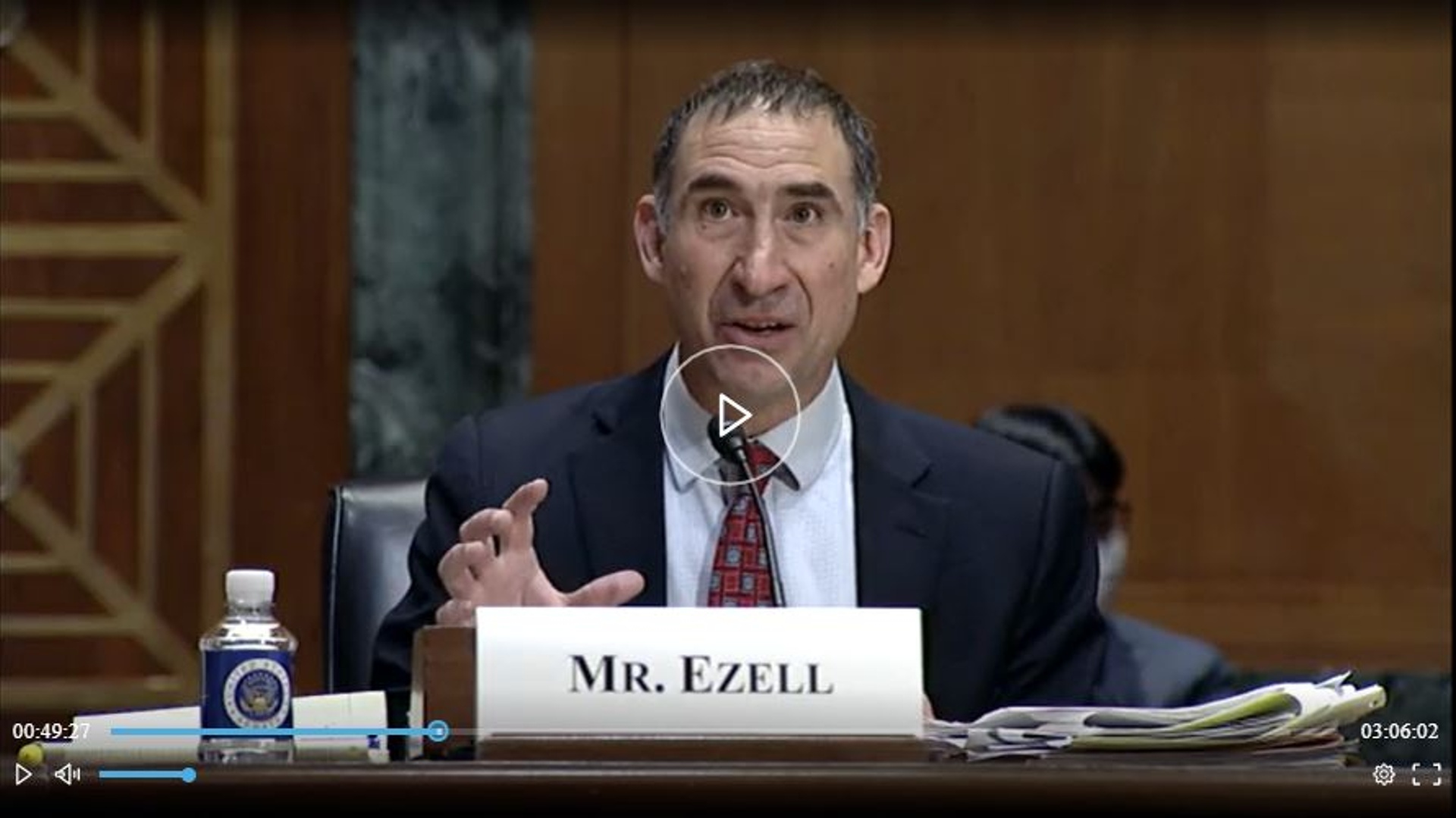Biopharmaceutical Innovation
Navigate forward to interact with the calendar and select a date. Press the question mark key to get the keyboard shortcuts for changing dates.
Navigate backward to interact with the calendar and select a date. Press the question mark key to get the keyboard shortcuts for changing dates.
The world is entering a promising golden age of life sciences innovation, with potentially enormous benefits for human health, productivity, and sustainability. But that vision is at risk from a host of forces that seek to hamper the fundamental business models that have enabled such innovation. ITIF’s Center for Life Sciences Innovation exists to fight back against such forces, while documenting the importance of life science innovation and the private-sector led model complemented by government support that has been so successful elevate. We conduct research, generate policy proposals, and convene members of the analytical and policymaking communities with this mission firmly in focus.

Vice President, Global Innovation Policy, and Director, Center for Life Sciences Innovation
Information Technology and Innovation Foundation
Read BioFeatured
Evidence to Inform Biopharmaceutical Policy: A Call for Research on the Impact of Public Policies on Investment in Drug Development

The scope and magnitude of the trade-off between immediate savings from lower drug prices and future health benefits from clinical development remain poorly understood and quantified. To support rigorous evaluations and inform evidence-based policymaking, it is crucial to invest in this area through research grants and improved access to federal and private data.
Evidence-Based Biopharmaceutical Policymaking: Symposium Report

There is a need for more rigorous evidence and more recent, high-quality data to inform biopharmaceutical policymaking by shedding light on the relationship between pharmaceutical firms’ expectations of financial returns from new drugs and their ability to invest in further R&D to discover future generations of drugs.
More Publications and Events
March 2, 2026|Events
Tech Policy 202: Spring 2026 Educational Seminar Series for Congressional and Federal Staff
ITIF’s spring seminar course explores core emerging technologies and issues that are reshaping our world and, in the process, creating public policy challenges and opportunities. The course is open to congressional and federal staff only.
February 11, 2026|Press Releases
Warren and Hawley Are Right to Rein in PBMs and Insurers, but Must Avoid Undermining Biopharmaceutical Innovation, Says ITIF
Warren and Hawley are right to crack down on powerful drug middlemen, but they risk kneecapping the very biopharmaceutical innovators who develop the medicines patients depend on.
February 5, 2026|Events
Beyond the Scale: The Economic Power of GLP-1 Therapies
Watch this Capitol Hill event on how GLP-1 therapies can transform health and economic outcomes—and what policymakers should do to maximize their benefits.
January 30, 2026|Blogs
Missing Markets for Innovation: Why Drug Repurposing Remains Undersupplied
Drug repurposing holds enormous promise for patients but weak incentives leave many viable therapies undeveloped. New research shows how gaps in exclusivity create a “missing market” for innovation, and what policymakers can do to fix it.
January 22, 2026|Blogs
Trump Is Correct: European Nations Must Pay More for Innovative Drugs
Europe has long free-ridden on U.S. drug innovation—and while President Trump is right to push allies to pay their fair share, importing Europe’s price controls into the U.S. would undercut the very innovation the world depends on.
December 18, 2025|Blogs
US Brain Drain Threatens Scientific and Biopharmaceutical Leadership
The United States risks a serious brain drain as NIH funding cuts, canceled grants, and program rollbacks push early-career scientists abroad, threatening America’s long-term biomedical capacity, innovation leadership, and national competitiveness unless policymakers act to stabilize and strengthen research support.
December 18, 2025|Testimonies & Filings
Comments to OSTP Regarding Accelerating the American Scientific Enterprise
The science community must move beyond the linear model of scientific research developed and encouraged by Vannevar Bush, and realign scientific exploration with national interests, especially in the face of the growing technological and economic threat posed by China.
December 15, 2025|Reports & Briefings
How NIH-Funded Science Supports US Biopharmaceutical Innovation
NIH-funded research supports the foundation for industry to develop vaccines and therapies, exemplifying deep public-private R&D complementarity. As global competition intensifies, expanding NIH funding will be key to protecting American health, supporting U.S. biopharmaceutical competitiveness, and ensuring national power and security.
November 17, 2025|Blogs
Fact of the Week: Since the IRA’s Passage, the Number of Small-Molecule Cancer Treatments Entering Post-Approval Trials Has Fallen by 45.3 Percent
Since the Inflation Reduction Act's passage, the number of industry-supported small-molecule cancer treatments entering post-approval trials in the United States has fallen by 45.3 percent.
November 3, 2025|Blogs
Fact of the Week: University Patents Underpinned 50 Percent of FDA-approved Drugs
Since the Bayh-Dole Act was passed 50 percent of FDA-approved drugs today rely on (at least some) applied research originating in universities.





